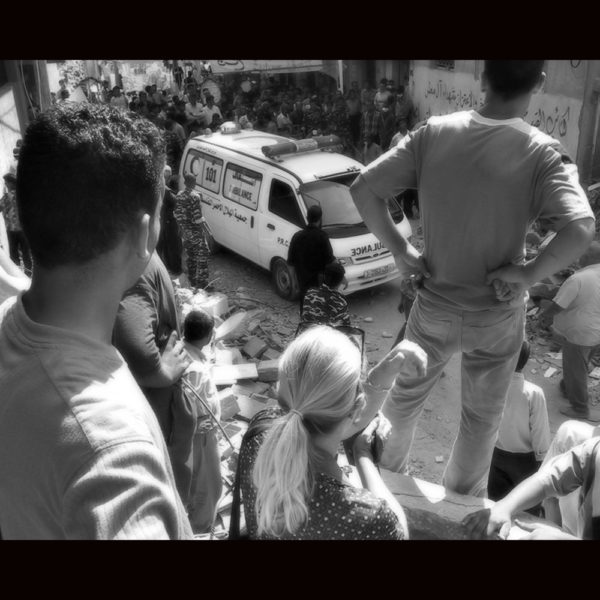
When Israel launched Operation Protective Edge in response to cross-border terrorist rocket-fire, European (see here and here) and US leaders endorsed their claim to have just cause. But were they right to do so? Do the on-going attacks conform to just war criteria? These are separate questions; both are important. We seek to address these issues from the perspectives of international law and Catholic theological ethics.
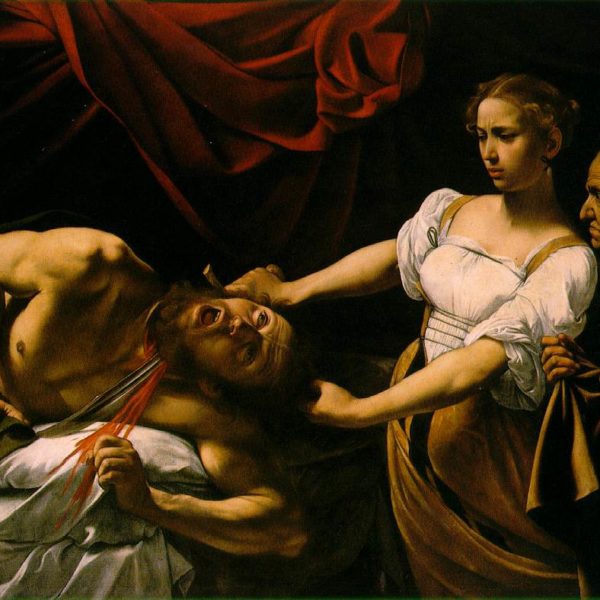
Later Calvinist texts, like the famous Vindiciae, Contra Tyrannos, would go further than the Reformer and claim natural law defenses for resistance.[1] I want to contend that Calvin’s principles provided a basis for this kind of argument, even though Calvin did not take this route in his own thinking. And the place to begin this line of argument, I think, is with his comments on the sixth commandment.
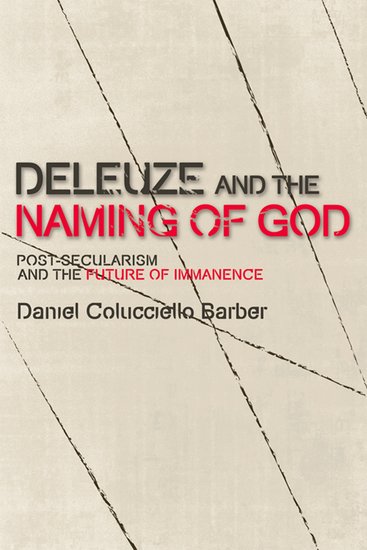
This book emerged from my attempt to understand what is going on when Deleuze’s philosophy speaks about creation. Along these lines, “Deleuze and creation” names the problematic that consistently runs throughout the book, even as addressing this problematic requires working within the distinct registers of the philosophical, the theological, and the political.

Isaiah offers us a startling vision of a society beyond scarcity and gross inequalities of wealth, leading to a subversion of all our economic logic. If we are prepared to re-conceive our world as a divine gift to all, we will be prepared to work towards a day when no one is excluded from God’s bounty.

Earlier this week, two prominent Catholic political bloggers, Elizabeth Stoker Bruenig and Pascal-Emmanuel Gobry (better known as Pegobry, or just PEG), engaged in a short but sharp exchange on the subject of property rights (see here, here, here, and here). There is not space here for a full discussion (see a longer version of this post here if you are interested in more), but I will seek to add some insight from Thomas Aquinas, who has perhaps done more than anyone to inform the Catholic Church’s reflection on these issues.
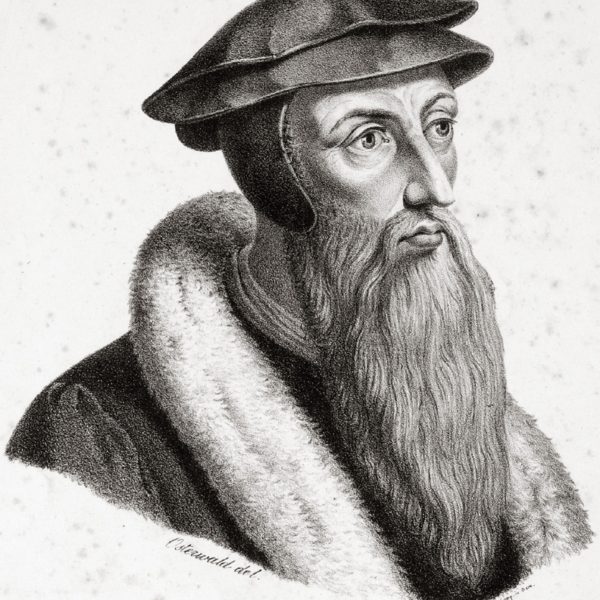
…Just considering very recent history, from the Arab Spring to South Sudan to Ukraine, revolution and resistance has been a very real part of our world. The popularity of this idea in cultures spanning the planet gives the political theologian pause. Is the apparent widespread support for this kind of act an expression of common grace, a preservation of the light of practical reason in spite of the fall? Or is it simply an expression of the rebellion bound up in the heart of our fallen species?
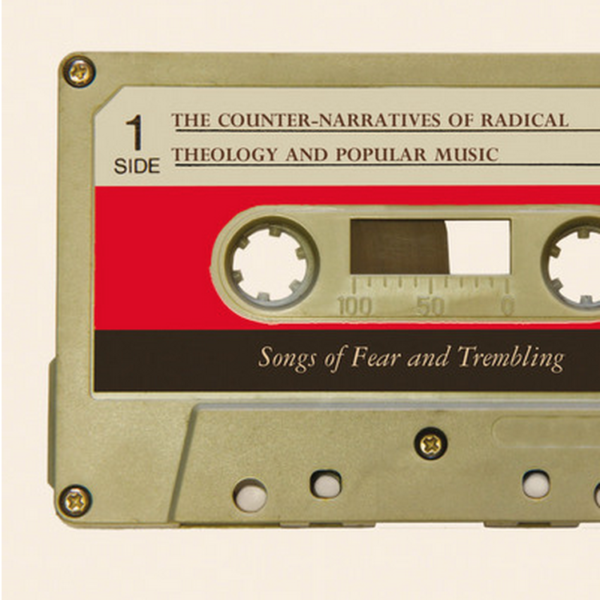
In 1965, the radical theologian William Hamilton stated the following:
‘If “Empty Bed Blues”, Tennessee Williams and “Guernica” are the sights and sounds of neo-orthodox theology, perhaps radical theology is closer to “We Shall Overcome”, Saul Bellow and Robert Rauschenberg.’
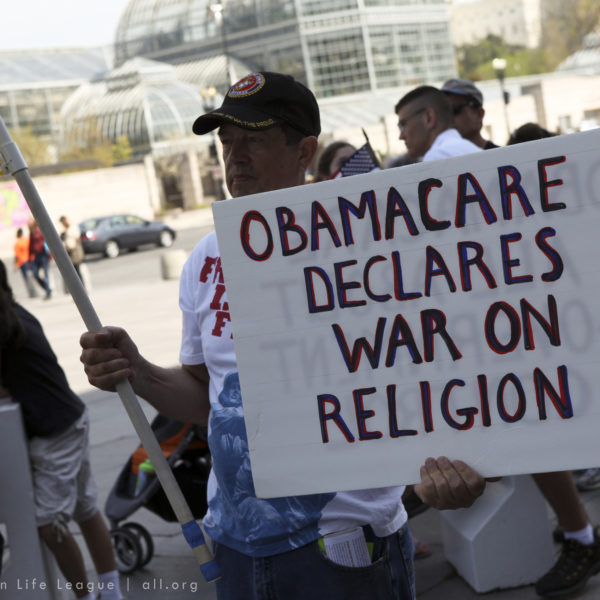
Religion is, of course, no stranger to politics in the United States, a fact that becomes all too clear in election season, as incumbents and their challengers hone their rhetoric to appeal to the theological sensibilities of their base. For better or worse, religion will no doubt continue to play a role in the run-up to the midterm elections. But in the wake of the Supreme’s Court’s decision in Burwell v. Hobby Lobby . . . we can, I think, expect to hear a lot about religious freedom.
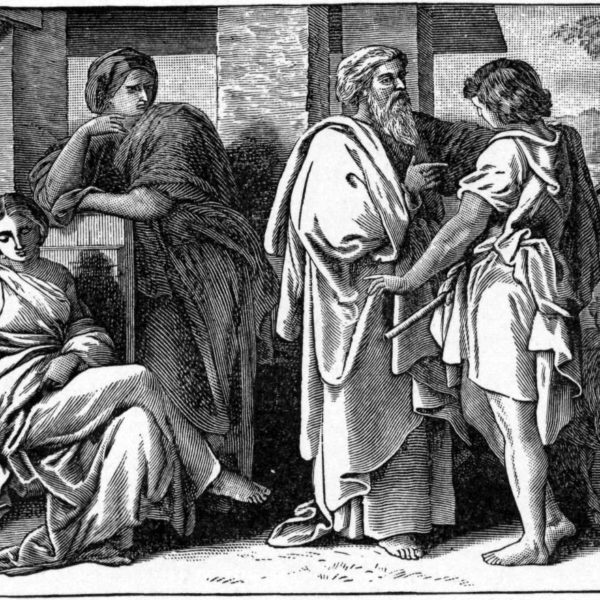
The Old Testament account of Jacob’s sojourn with Laban can expose some contemporary Christian blindspots, not least in assumptions concerning the ‘biblical’ meaning of marriage. However, we must also reckon with the limitations of the text’s own perspective, giving voice to the silent female characters within it.

Meeting of the Political Theology Group to be held with the Pacific Division of the American Philosophical Association, April 1- April 5, 2015, at The Westin Bayshore, Vancouver.
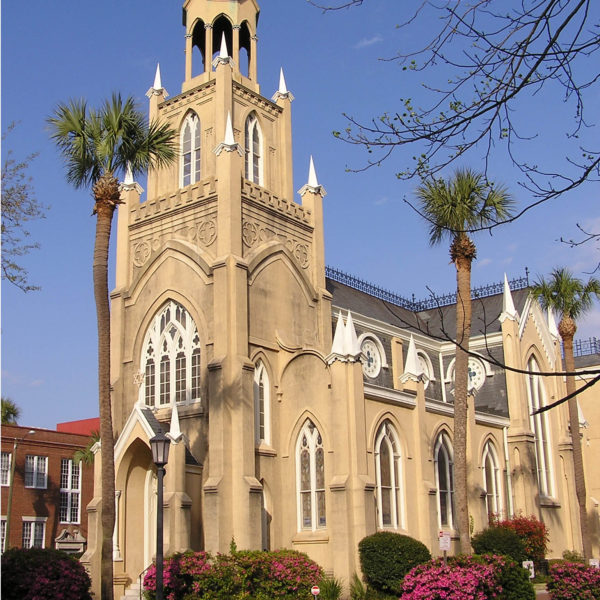
I thank both Timothy Simpson for taking the time to respond to my post and the current editors of Political Theology Today for allowing me to respond. It is an uncomfortable issue for people on all sides of the debate. I can only imagine the frustration wrought by “having been the target of barbs by both Christian and Jewish Zionists.” If my tone is irenic, I can only be glad; I do not desire to be the cause of frustration (even at those moments when I feel frustration). If Rev. Simpson views my tone as irenic, I find the content of his response to be ironic.
